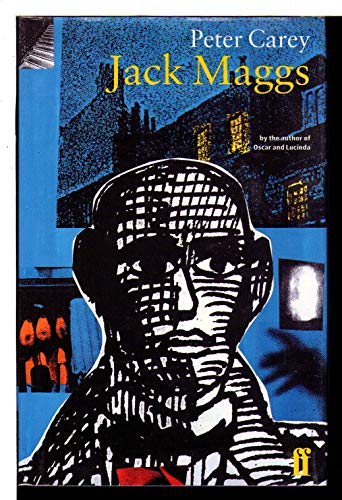


A partial exception is Ankhi Mukherjee's 2005 essay in Contemporary Literature, which also takes an interest in Dickens's revisions of himself. It is in Jack Maggs, however, that Carey offers one of the most complete and complex excursions in subjecting nineteenth-century characters, themes, fictional structures, and authorial habits of mind to twentieth-century techniques.Īlthough Jack Maggs has drawn considerable critical attention, that attention has not focused upon the ways in which Carey makes postmodern devices thematically functional nor has there been much concentration upon Carey's revisionistic treatment of Dickens.

Byatt, Sarah Waters, Margaret Atwood, Lloyd Jones, and Michel Faber have been among those prominent in this movement, as has Peter Carey in Oscar and Lucinda and The True History of the Ned Kelly Gang. The late twentieth century and the early years of the twenty-first have seen a number of novels that make prominent use of nineteenth-century (mostly Victorian) settings, customs, and mores but that reconstruct that period with strategies and per-spectives that are singularly contemporary.


 0 kommentar(er)
0 kommentar(er)
